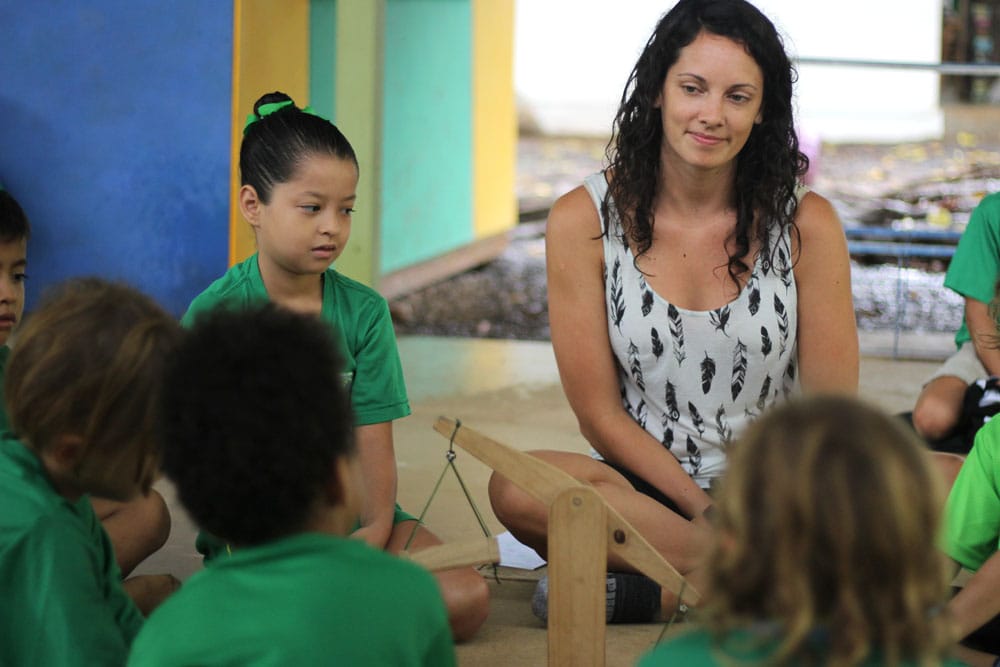There’s often a debate among parents about which approach is better, permissive parenting or authoritarian parenting. Authoritarians have little tolerance for misbehavior and are considered to be very strict. At the other end of the continuum, permissive parents set very few limits and tend to have more of relaxed approach where anything goes. While both types of parents have the best of intentions for their children, the question often arises, “Which is correct?” When we look at the science, we realize that a balanced approach is most effective if we aim to raise children who become compassionate, responsible, empathetic adults. This means we need to find a balance between permissiveness and setting strict limits and boundaries.
Limits and boundaries are important at every age and stage of childhood and adolescence. A helpful way to think about this is in terms of executive functioning. Executive functioning skills include things like: impulse control, self awareness, emotional control, self management, planning, and organization. These are all skills that successful adults utilize on a daily basis to navigate the world. Interestingly, these skills, performed largely by the prefrontal cortex in our brain, aren’t fully developed until our early 20’s. This is because this area of the brain continues to grow and mature until young adulthood. In the meantime, we can help our children develop these skills by setting appropriate boundaries and limitations.
As toddlers, it’s clear early on that children prefer immediate gratification. If there is something they want, they prefer it now. While this can sometimes be appropriate, often life requires us to wait. If we can learn, when appropriate, to delay gratification, we are enhancing our skills related to impulse control and self management. This, according to research, helps us learn self control and frustration tolerance and even reduces the chances of addiction later in life. These are valuable skills. As children get older and become adolescents, impulse control can be a challenge as teenage brains continue to change and develop. But, if kids have had practice when they are younger, this period of life will be easier for both the child and the parent.
While the specific limits and boundaries change depending on the stage of a child’s life, the concept remains the same. Sometimes as parents, our role is to help our children make decisions and learn how to control their emotions even when this is difficult. We can do this by following through with our expectations and being empathetic. If we want our preschooler to respect others, and they are hurting a friend, we teach them to stop and we teach them to consider how others’ feel. If boundaries are pushed and we are ignored, it would be appropriate to take space, or leave the area until the child is ready to come back and try again. Even if the child is unhappy in the moment because they aren’t getting what they want, eventually they learn social skills and self control. The same can be true for teenagers. Sure we may want to spend hours on electronics, or go hang out with friends but sometimes responsibilities come first. In the long run, as they become kind, empathetic, responsible people who monitor their own choices and consider others around us, they will thank us.


